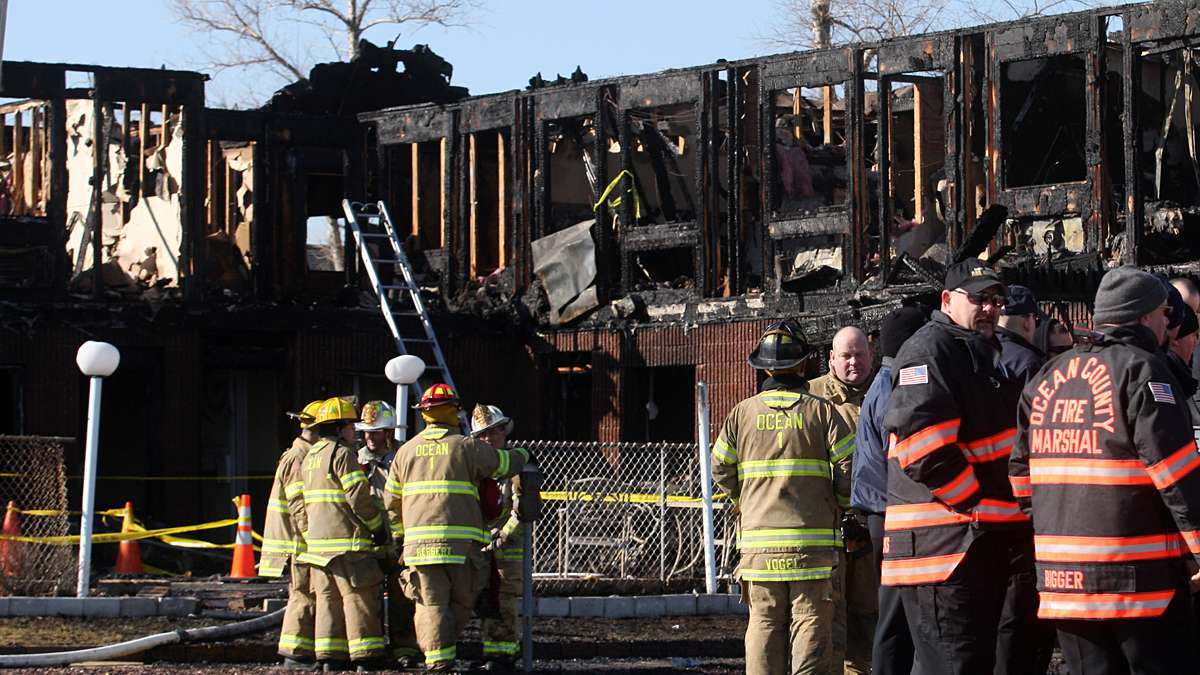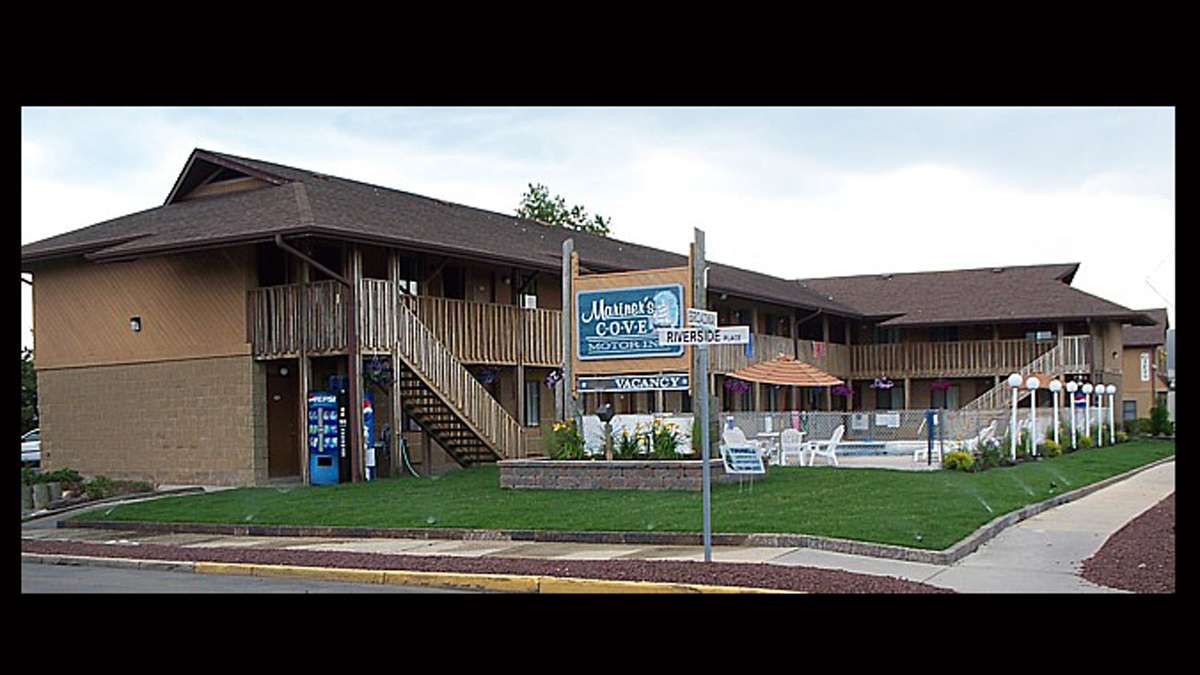What is the most effective parenting style for black boys?
-

-

-

Smoke rises from the Mariner's Cove Inn Friday morning (AP Photo/Ocean County Prosecutors Office)
-

-

(Photo courtesy of the Ocean County Prosecutor's Office)
-

-

Building upon the buzz surrounding their documentary, “American Promise,” Joe Brewster and Michele Stevenson asked Mt. Airy author Hilary Beard to help them research and co-author a companion book.
That book, “Promises Kept: Raising Black Boys to Succeed in School and in Life,” was the focus of Beard’s talk Tuesday night at Friends’ Central School.
The auditorium at the school was brimming with eager parents, students, and educators as Beard pulled from solid research and scores of interviews to highlight “what works” in parenting and educating black boys.
Beard spent some time addressing the familiar achievement gap issues while also debunking some long-held misconceptions, including statistics that show there are more black males in college than in prison and more black children in gifted & talented programs than in special education.
But the bulk of the talk was focused on parenting styles and strategies that have been proven most effective in supporting black boys.
Beard laid out the four basic parenting styles, all a mixture of how responsive and demanding parents are:
Authoritarian parents, are parents who are highly demanding and monitor their child closely, but who are low in responsiveness.
Permissive parents, are parents who are high in responsiveness, but low in monitoring and are rarely demanding of their children.
Neglectful parents, are parents who are low in responsiveness, low in monitoring, and low in how much they demand from their children.
Authoritative parents, are parents who are high in responsiveness, high in monitoring, and high in how much they demand from their children.
And Beard added a newer take on the traditional four above: Strict authoritative parents.
Strict authoritative parents, are parents who are high in responsiveness and monitoring, but who place even higher demands on their children than traditionally authoritative parents do.
Beard shared with her audience that 30 percent of black parents are authoritarian, 20 percent are permissive, 20 percent are neglectful, and 30 percent are some type of authoritative.
In combing over the research from some of the greatest minds in the fields of psychology, education, health, and child development, Beard told the audience that black boys have the best outcomes with parents using either authoritative or strict authoritative approaches.
In an authoritative approach, parents are very responsive to children’s needs, feelings and perspectives. Love is both stated and shown. Children’s voices and opinions are part of decision-making processes, and there are high expectations for both performance and behavior.
Beard argued that black boys need parents who are “warm demanders.” They particularly thrive in strict authoritative homes with high behavioral and academic expectations, high monitoring, low TV usage, required chores, high responsiveness, and shared decision-making.
Black boys raised in authoritative homes score highest on measures of academic performance, self-esteem, self-control, and adjustment.
Knowing this, Beard offers advice for parents wanting to make the shift from permissive, authoritarian, or neglectful parenting to a more authoritative approach.
“People can shift their style by taking mini-steps, adding new behaviors that feel most comfortable to them. A parent whose style is permissive and wants to shift to the authoritative style, they can express higher expectations of their child and require more of him academically and behaviorally.”
Beard’s talk also included advice and information on stereotype threat, unconscious bias, and how black children fare in diverse environments. The book, “Promises Kept: Raising Black Boys to Succeed in School and in Life,” connects readers with concrete strategies, highly regarded research, and real life application of those concepts and more.
If you missed her talk on Tuesday, you have another chance to catch her.
Beard will be speaking locally this Saturday, March 22 at 12 p.m. in Mt. Airy at the Point of Destination Cafe in the Upsal Train Station. There will be a mini-screening of “American Promise,” conversation, a presentation, and a book signing.
WHYY is your source for fact-based, in-depth journalism and information. As a nonprofit organization, we rely on financial support from readers like you. Please give today.

